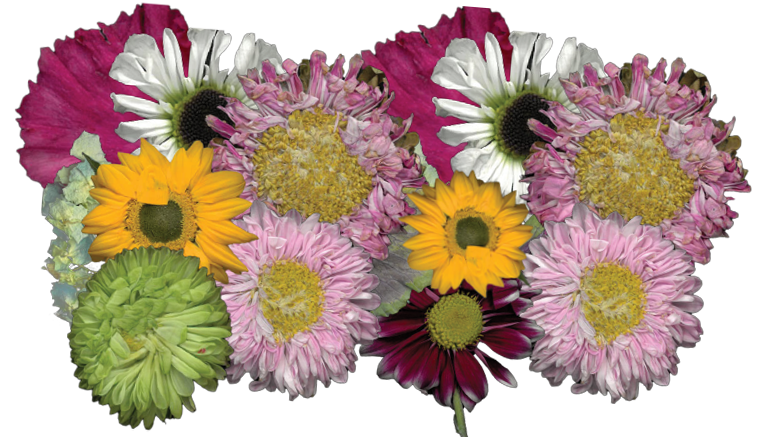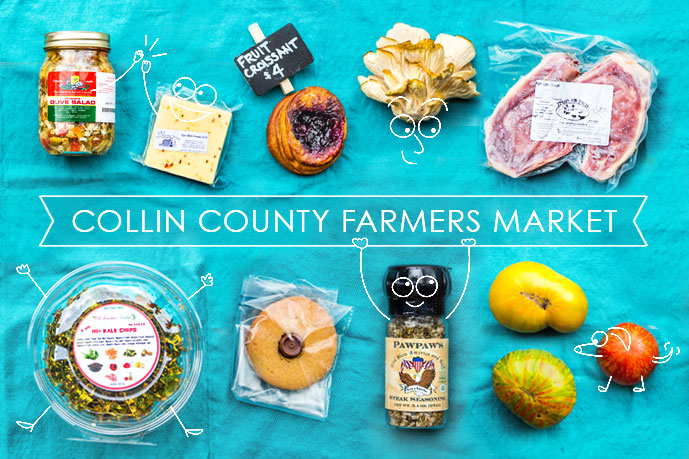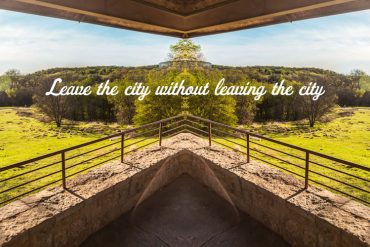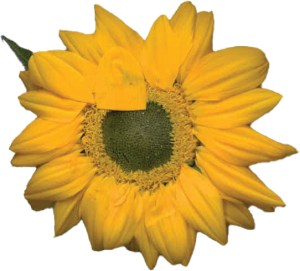 As spring approaches, many people begin to ask when the best time is to start a garden. According to Sherrian Jones, the operations and marketing manager for Texas Pure Products, the answer is always, “now.” The key is understanding what to grow when.
As spring approaches, many people begin to ask when the best time is to start a garden. According to Sherrian Jones, the operations and marketing manager for Texas Pure Products, the answer is always, “now.” The key is understanding what to grow when.
She recommends going to the Collin County master gardener website ccmgatx.org. There you will find information from the Texas A&M AgriLife extension about the types of trees, shrubs, fruits and vegetables that will grow best at any given time.
Of course, successful planting begins with good soil. Few people in Plano know more about that than Jones. When residents bag up their lawn clippings or pile up tree limbs for pick-up, they are sending them to her facility.
Texas Pure is a partnership between the cities of Plano, Richardson, Allen, Frisco and McKinney. Yard clippings and tree limbs from all five cities are brought to its facility at the intersection of Custer Road and Ridgeview Drive. The tree trimmings are turned into mulch and sold onsite. The yard clippings are shipped off to a second Texas Pure location in Melissa.
Once there, organics donated from local stores and markets are mixed in. About a year later, the mixture has transformed into a healthy mulch and is shipped back to the Custer Road. There it is sold in a variety of combinations to both commercial and residential customers.
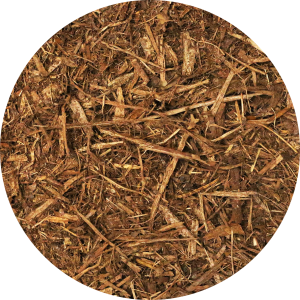 “It’s the best mulch you can buy,” Jones says. “It’s been approved for use by organic growers and farmers that are part of the USD’s organics program.”
“It’s the best mulch you can buy,” Jones says. “It’s been approved for use by organic growers and farmers that are part of the USD’s organics program.”
According to her, one of the biggest mistakes local gardeners and landscapers make is thinking that they need to remove the natural hard Texas clay and replace it with all new soil. That clay is actually really good soil with lots of potassium and phosphorus and other minerals and nutrients excellent for planting. It just needs to be broken up a little bit.
Turns out, all you need to do that is a little compost. Sometimes companies even market it as “clay buster.”
“It aerates and provides a plethora of nutrients, microbes and bacteria—all of the things plants need to grow that just aren’t always in potting mixes or artificial soils,” Jones says. “Nature has been doing it for millions of years to it’s a perfect plan.”
Before picking out what to plant, gardeners should also consider purchasing from a local nursery. Oftentimes, big national chains sell plants on a national or broad regional basis. That means that they may not be ideally suited for the local climate and its extreme temperature swings. Jones says you can probably still grow those non-native vaterites, but
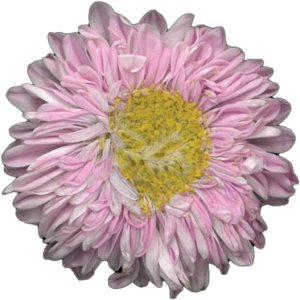
they may need a little more special attention.
For those looking to sharpen their gardening skills, the city of Plano offers classes and webinars to assist people looking to improve their green thumb. The city’s website also has information on certifying your garden as a wildlife habitat and what it takes to establish sustainable gardening and landscaping practices.
Jones and Texas Pure are available as well to advise and instruct people on how to have success with gardening.
“It’s so good for you,” she says. “Not only to have food to eat but also just to have that place to enjoy.”
Texas Master Gardner

